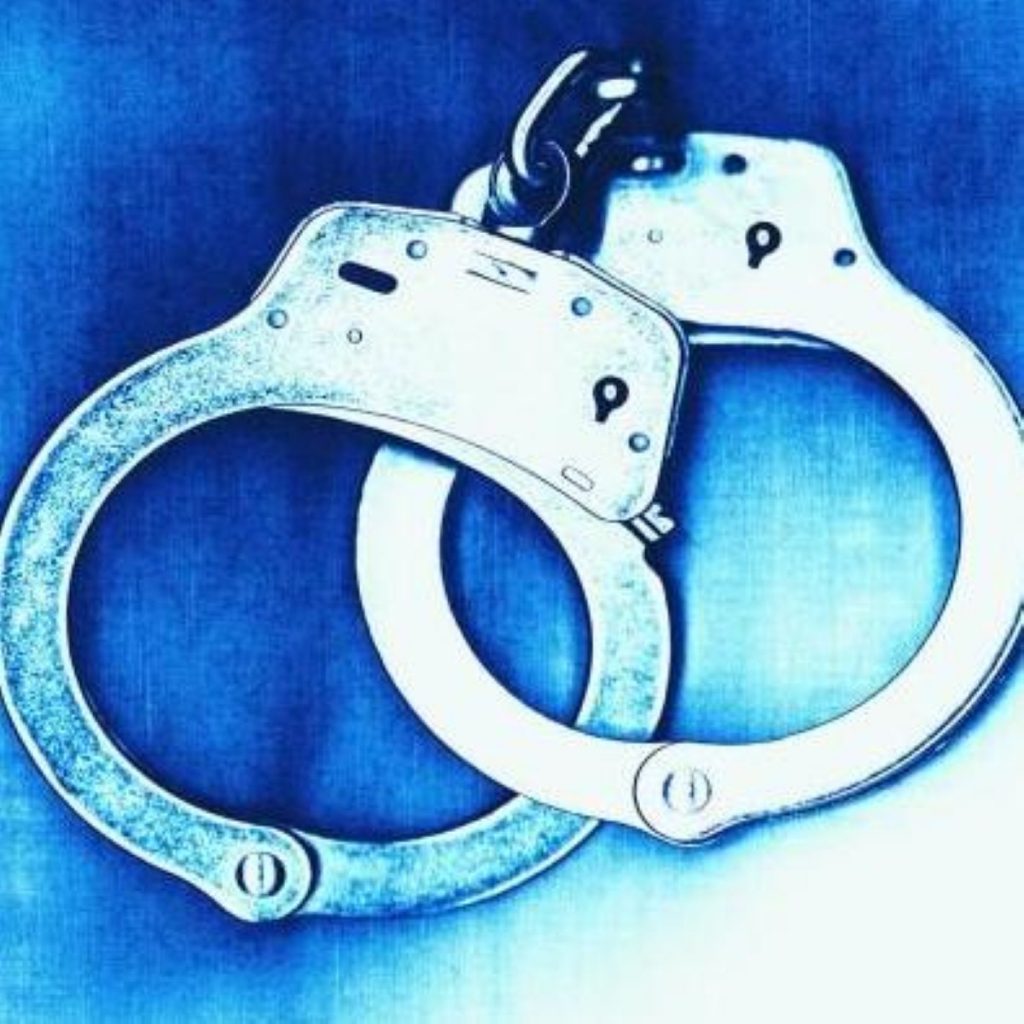Crime down overall, but violent crime rises
The latest official crime figures show a fall in the overall level of crime, but a rise in the level of violent crime recorded by the police.
The Government has published two sets of crime statistics. Firstly, the recorded crime figures, based on data from the police; and secondly, the British Crime Survey based on interviews with the public on their experience of crime.
The BCS shows an 11 per cent fall in crime in the year ending September 2004, and sees a falling trend in violent crime, down 36 per cent since its peak in 1995.
This contrasts with police recorded crime figures for July to September 2004, which show a six per cent drop compared with the same quarter last year, but a six per cent rise in violent crime.


In terms of gun use, the police figures show a five per cent rise in firearms offences, but a five per cent drop in serious injuries and a 15 per cent fall in handgun use. Around one third of recorded offences involve the use of imitation firearms – a 48 per cent increase.
The Government says the figures show the risk of being a victim of crime is the lowest in more than 20 years and puts the rise in recorded violent crime down to better reporting of low level thuggery, domestic violence and sexual offences.
A third survey, the Offending, Crime and Justice survey, suggests that ten per cent of offenders are responsible for 60 per cent of offences and that “serious and prolific offending” only involves one per cent of the general population.
Home Office Minister, Hazel Blears, said: “Improvements in the way police record crimes are continuing to have an effect on the perceived rise in violent crime, although increasing compliance means that this rise is slowing. That is why we use the British Crime Survey as the most accurate and consistent measure of crime in this country.”
She added: “It is very encouraging to see that crime is continuing to fall. People are less likely to be a victim of crime today than they were 20 years ago and crimes that affect most people such as burglary, robbery and vehicle crime are still dropping dramatically.
“Worry about crime is also going down – people are less worried about burglary, vehicle crime and violent crime than they were last year and fewer people think that anti-social behaviour is a problem in their area.”
Ms Blears said she was not complacent, and accepted that there was a “great deal to do” on those crimes that are rising, such as alcohol-fuelled violence.
Commenting, the president of the Association of Chief Police Officers, Chris Fox, said the statistics were “hugely encouraging for the police and for our communities.
“It is reassuring to see that the fear of crime seems to be falling, testament to reassurance policing and the impact that the targeted operations with co-operative partners are having on the public. Campaigns such as the recent crackdown on alcohol related crime, and the targeting of irresponsible or illegally operating premises have major inroads.”
But, the Liberal Democrats said that there were still too many victims of violent crime. Home affairs spokesman Mark Oaten said that ID cards should be scrapped and more police put on the streets.
Mr Oaten said: The best way to tackle crime on our streets is to scrap Labour’s flawed plans for ID cards and use the money instead to put 10,000 more police on the beat.”
He added that liberalising the drinking laws should also be suspended, saying: “The rising tide of alcohol-related violence has happened under Labour, and they must take responsibility. Unless local authorities and local police are prepared, pressing ahead with plans for 24-hour licensing is a recipe for disaster.”

